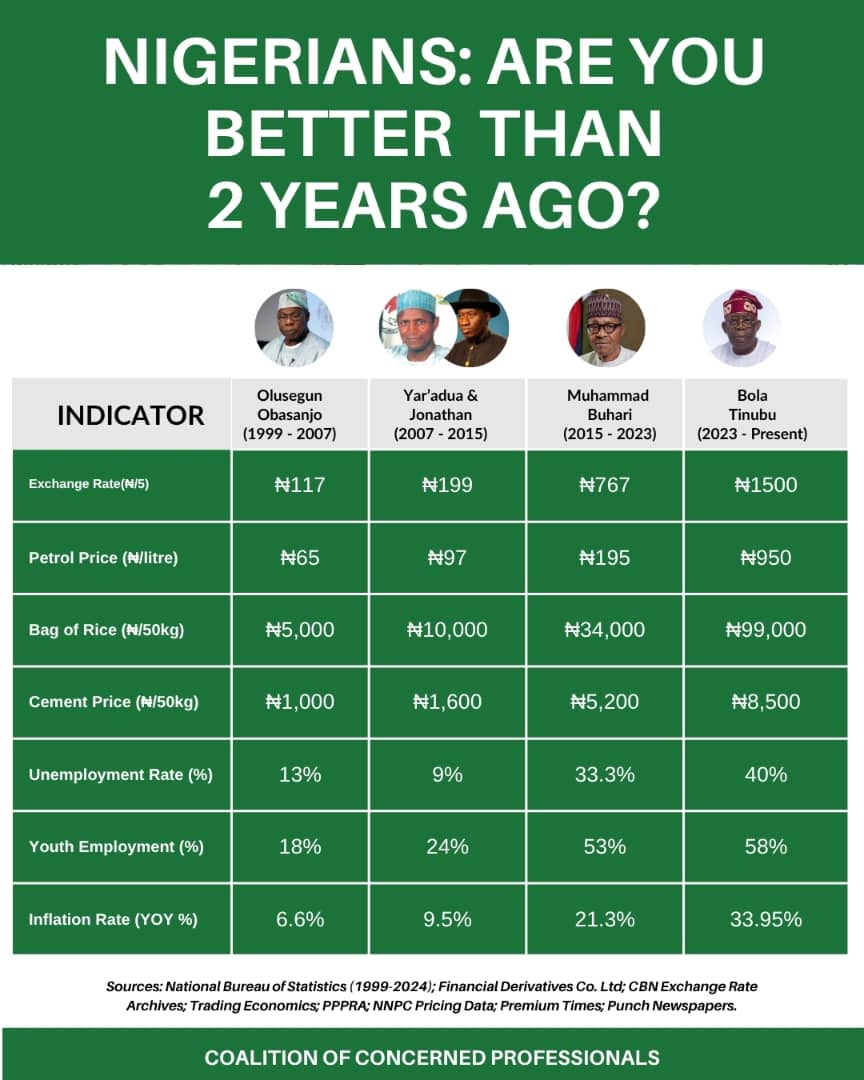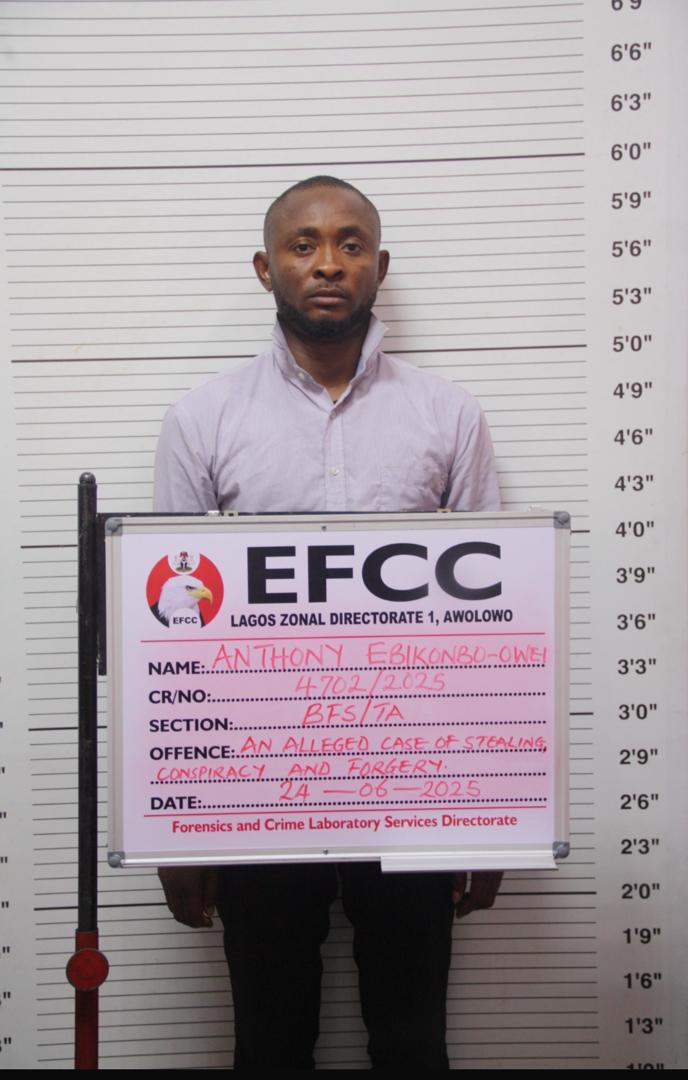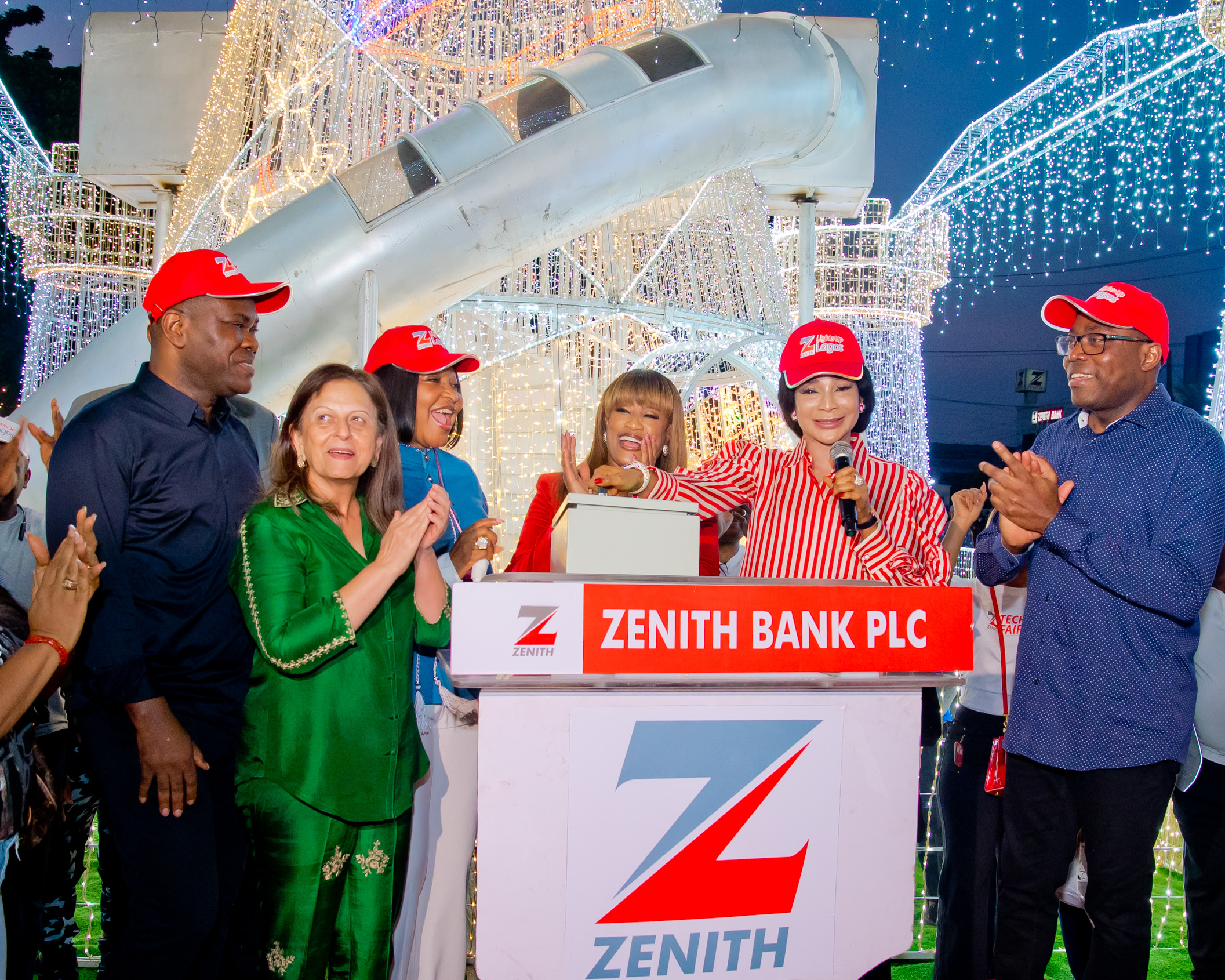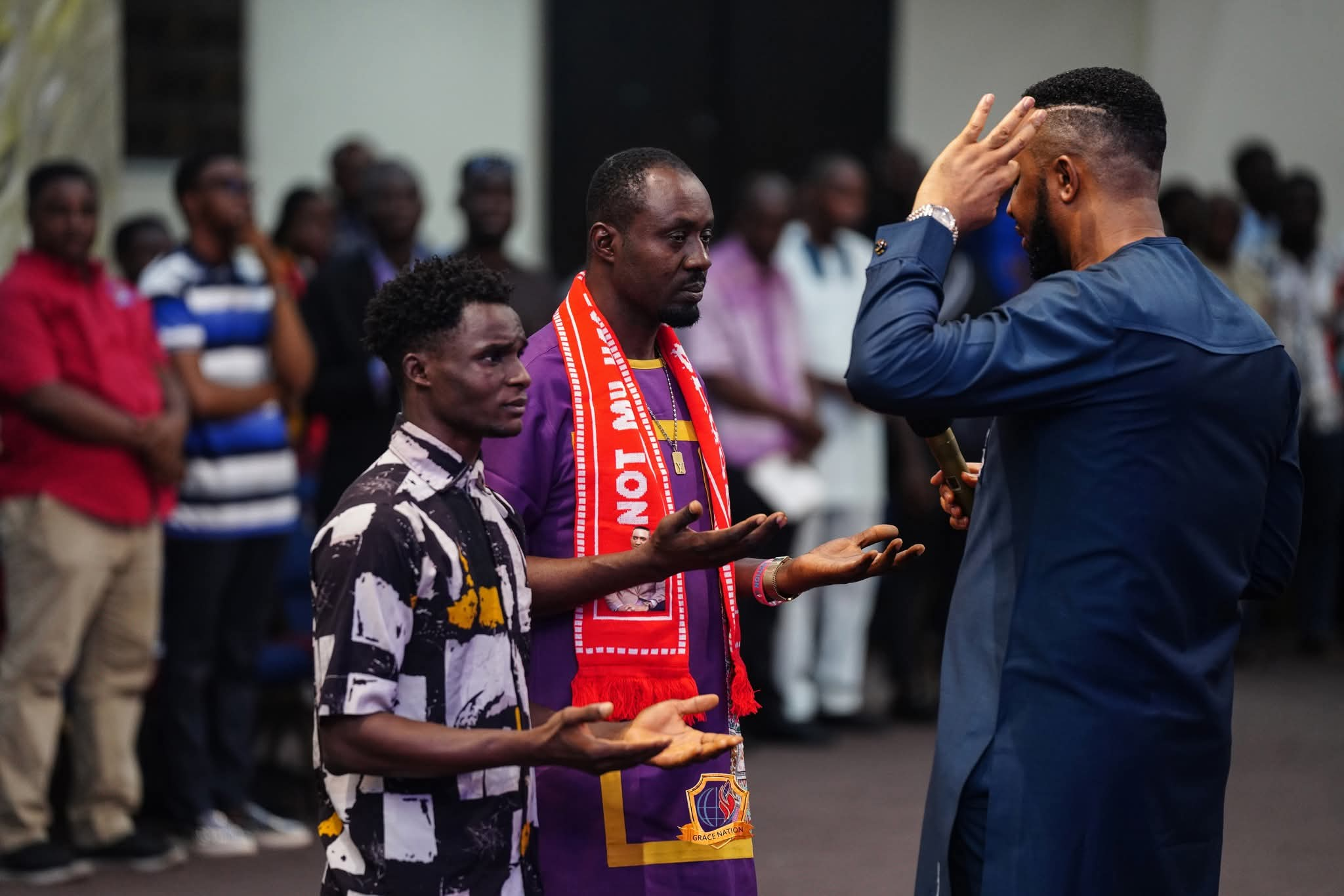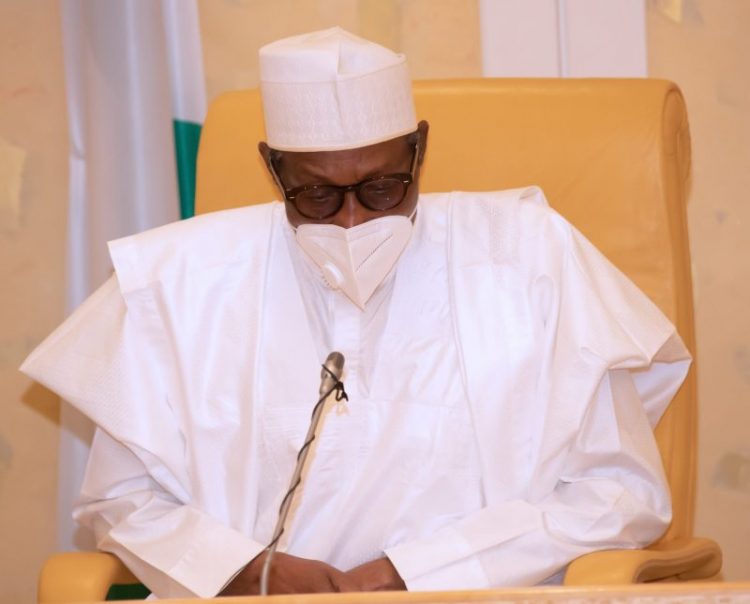
Foreign investors’ interest in Nigeria declines by 27.5%
- Bayo Adetu
- July 12, 2021
- BUSINESS
- 0 Comments
Nigeria received about $8.4bn investment announcements as at 4th March 2021, out of which $5.46bn were pledged by foreign investors. The remaining $2.08bn was promised by domestic investors, statistics obtained from the Nigerian Investments Promotion Commission showed.
The sum pledged by foreign investors in Q1 2021 is 27.5 per cent lower than the $7.54bn foreign investment announcements recorded by the NIPC in the preceding quarter.
However, the Q1 foreign investment profile was 36.5 per cent higher than the $4.02bn reported in the corresponding period in 2020, but was 56.6 per cent lower than the S12.6bn recorded in the same period in 2019.
In its ‘report of investment announcements in Nigeria (January – March 2021)’, the NIPC noted that the major sources of foreign investments announcements in Q1 2021 originated from Morocco, the United Kingdom and the United States.
Investors from the three countries pledged $1.40bn, $0.24bn and $0.08bn respectively, while other investors from undisclosed countries pledged to invest $3.74bn in Nigeria’s economy.
The report revealed that Bayelsa and Delta States were the top investment destinations during the period, followed by Akwa Ibom and Lagos States.
Data obtained from the NIPC showed that Bayelsa State received the largest share of total announcements of $3.6bn in manufacturing, Delta State recorded $2.94 bn worth of announcements in construction and power transmission, Akwa Ibom State had $1.4bn announced in mining and quarrying, while Lagos State announcements totalled $0.26bn from electricity and manufacturing.
By sector, manufacturing received the largest investment intention, at $5.08bn, followed by construction at $2.9bn, electricity at $0.26bn, agriculture $0.11bn, and others at $0.07bn.
In terms of volume, NIPC said Nigeria received 15 projects across eight states in Q1 2020, compared to corresponding quarter of 2020 with 19 projects across 14 states including the Federal Capital Territory.
Economists, who spoke on the decline, attributed it to the unfavorable investment climate the country fueled by serial currency devaluation, unstable foreign exchange rates, poor and inefficient infrastructure among other factors.
A professor of economics at the Olabisi Onabanjo University Ago-Iwoye, Sheriffdeen Tella, stated that the dwindling interest of foreign investors is as a result of inefficient power supply, naira depreciation and increased cost of production.
He said, “The prices of electricity and other infrastructure are becoming more and more expensive, and because electricity is not efficient, so many companies are forced to utilise other sources such as power generation plants that use fuel, and the price of fuel has been going up.
“So, that also adds to their costs and that discourages them from wanting to invest in the country.
“Another thing is that the naira has been depreciating, even before the devaluation by the CBN.


